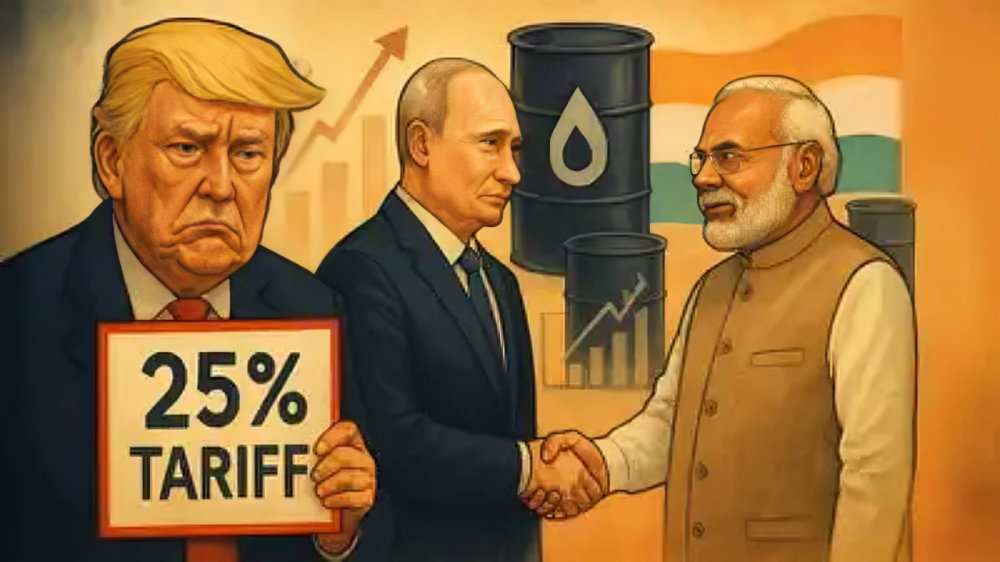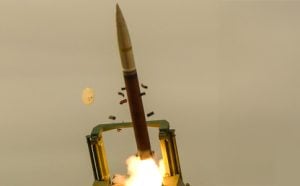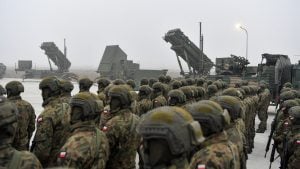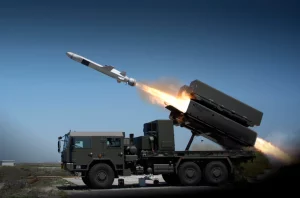India has issued a firm response to recent criticisms from the United States and the European Union regarding its ongoing purchases of Russian oil, describing the pressure as “unjustified and unreasonable.” The Ministry of External Affairs (MEA) emphasized that India’s energy imports are driven solely by national interests and energy security, countering accusations made by US President Donald Trump.
This rebuttal came shortly after Trump accused India of acquiring “massive amounts” of Russian crude oil and profiting from its resale. The US President had previously announced a 25% tariff on Indian goods starting August 1, 2025, citing unfair trade practices and India’s perceived “anti-American” alignment with the BRICS bloc.
The MEA clarified that India began sourcing discounted Russian oil in response to disruptions in traditional supply chains caused by the Ukraine conflict, which led many Middle Eastern suppliers to reroute cargoes to Europe. The ministry pointed out that Washington had at one time encouraged such purchases to help stabilize global energy markets but has since criticized India despite its own ongoing trade with Russia.
The MEA’s statement underscored what it described as Western hypocrisy, citing the EU’s significant trade with Russia, which amounted to €67.5 billion in goods and €17.2 billion in services in 2024. It highlighted record European imports of Russian liquefied natural gas (LNG) and other commodities, while also mentioning continued US imports of uranium hexafluoride, palladium, and fertilizers from Russia.
The ministry reiterated that India’s oil imports are vital for maintaining affordable and stable fuel prices for its 1.4 billion citizens and insisted that, like any major economy, India reserves the right to prioritize its national interests.
This latest exchange signals a significant escalation in trade tensions between New Delhi and Washington, posing a potential risk to billions in bilateral trade. Although India has yet to announce any countermeasures, it indicated that it will continue to procure energy based on its economic needs rather than external political pressure.



















